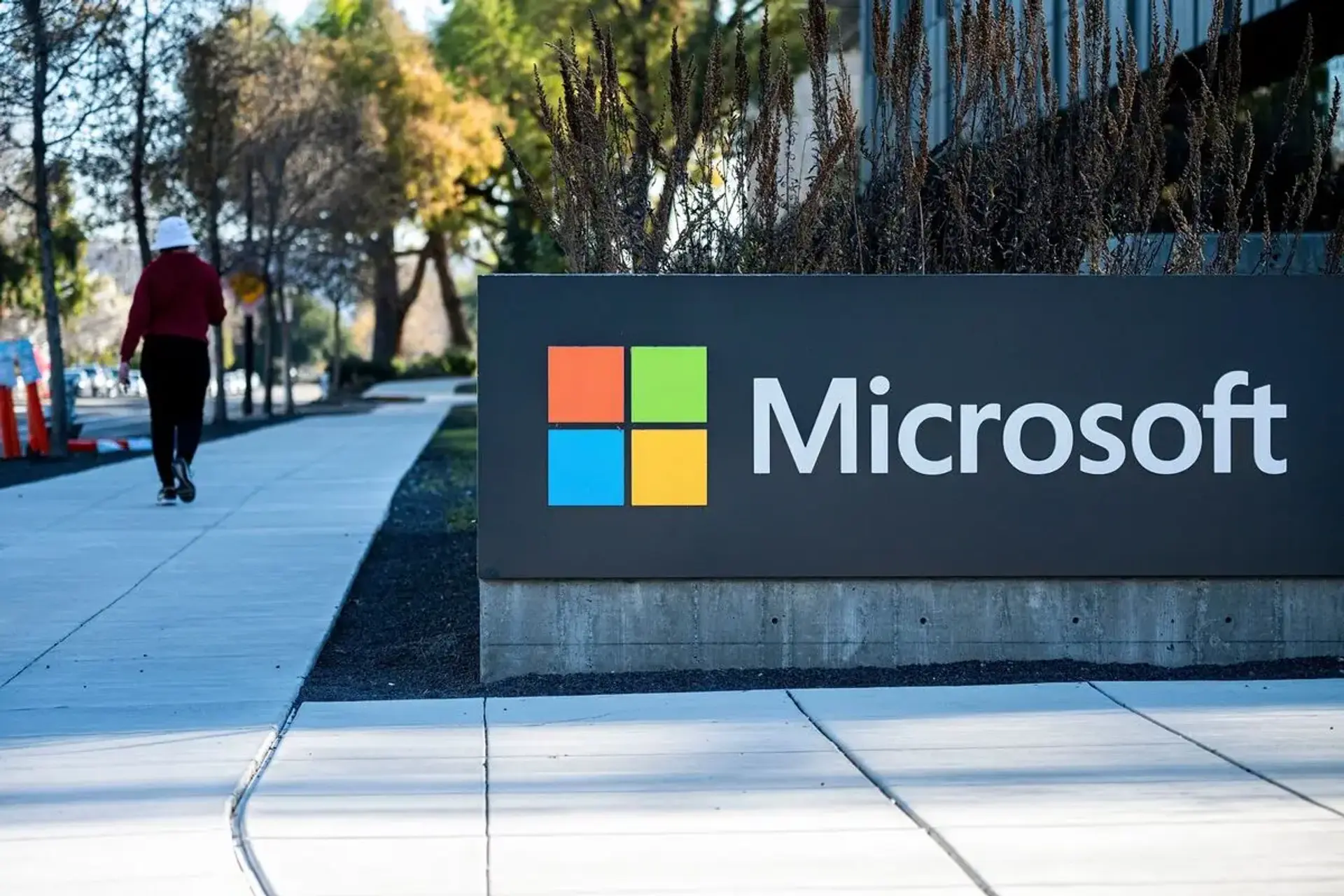Microsoft is releasing its Recall feature for high-end Windows PCs, designed to record a searchable history of user activity. The tool takes snapshots of the user's screen, storing them locally and analysing them with on-device AI. This allows users to search for past activities.
Security measures include encrypting the database and requiring Windows Hello biometric authentication for access. Users can configure settings to exclude specific apps and websites from being captured, and sensitive data filtering is enabled by default to avoid storing passwords and credit card numbers. Microsoft has also implemented rate-limiting and anti-hammering measures to protect against malware. Despite these measures, security researchers have raised concerns about potential vulnerabilities and privacy risks, leading to Microsoft postponing the launch from June to later in the year to address these issues.
Recall offers users control over data retention, allowing them to delete snapshots and set storage limits. The tool also supports private browsing in major browsers, ensuring that this activity is not saved. Microsoft emphasises that Recall is an opt-in experience, with users able to disable or remove the feature entirely.
Related Articles
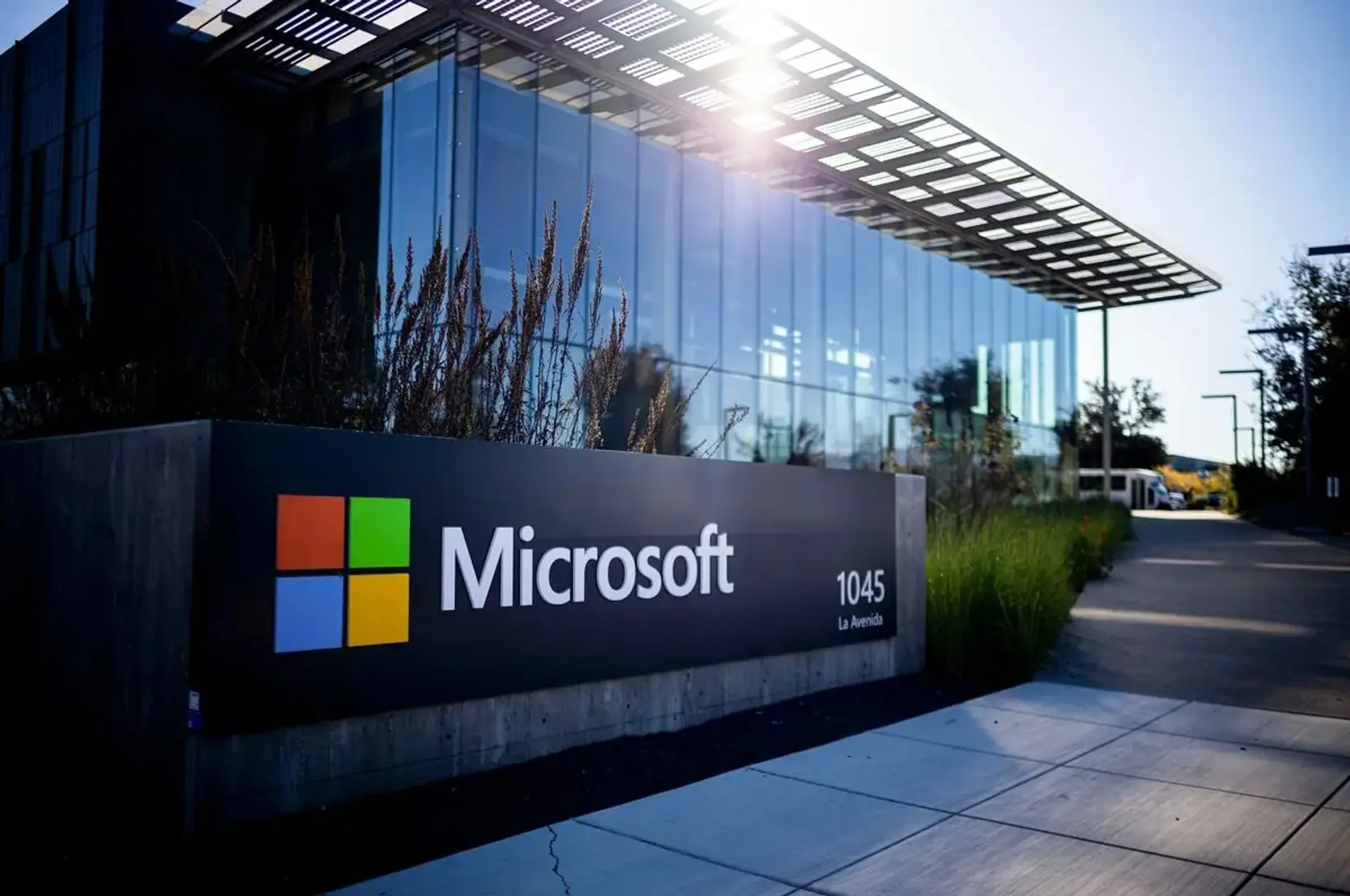
Microsoft Outsourcing Software Sales
Read more about Microsoft Outsourcing Software Sales →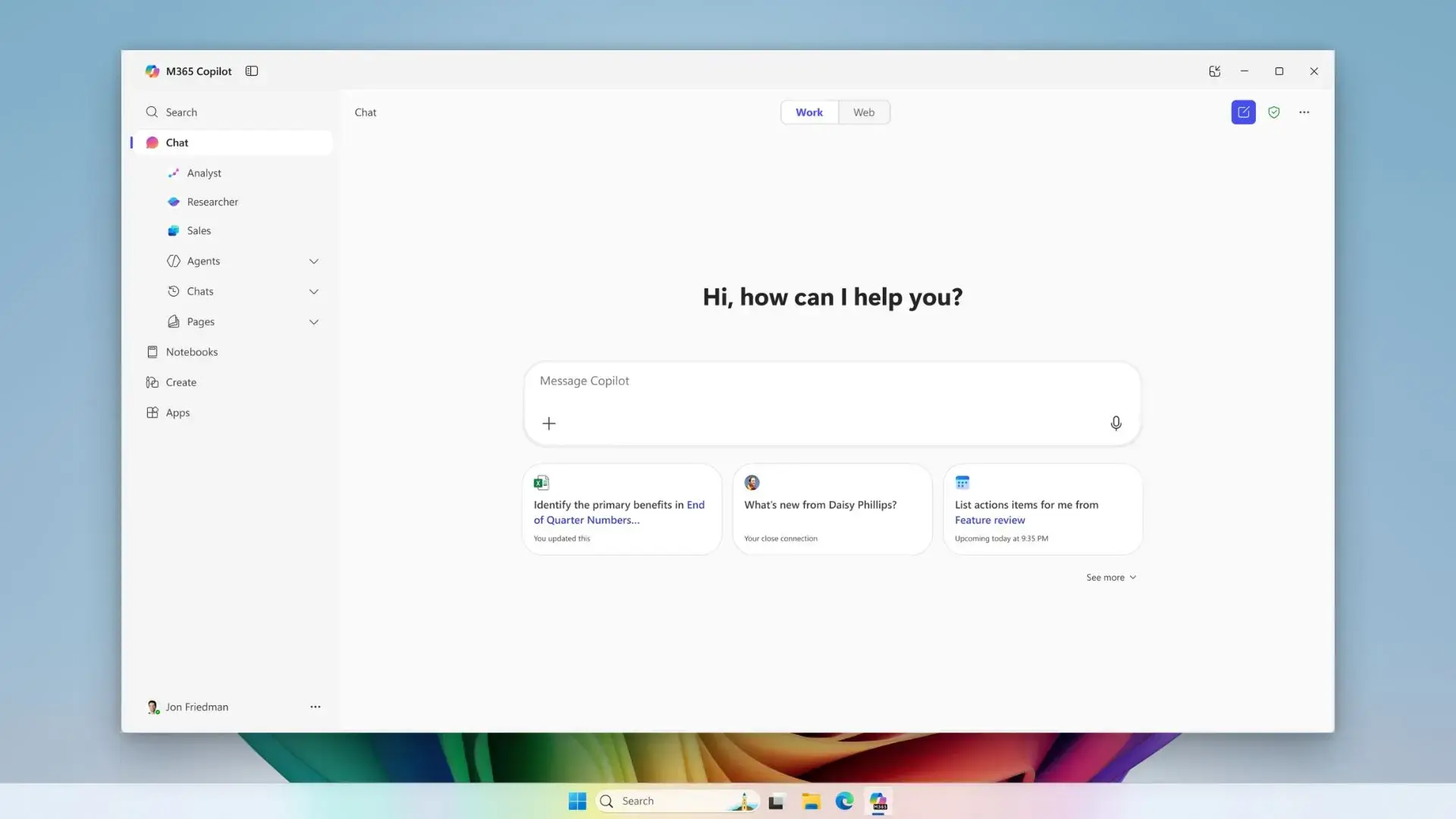
Copilot Embraces ChatGPT-4o
Read more about Copilot Embraces ChatGPT-4o →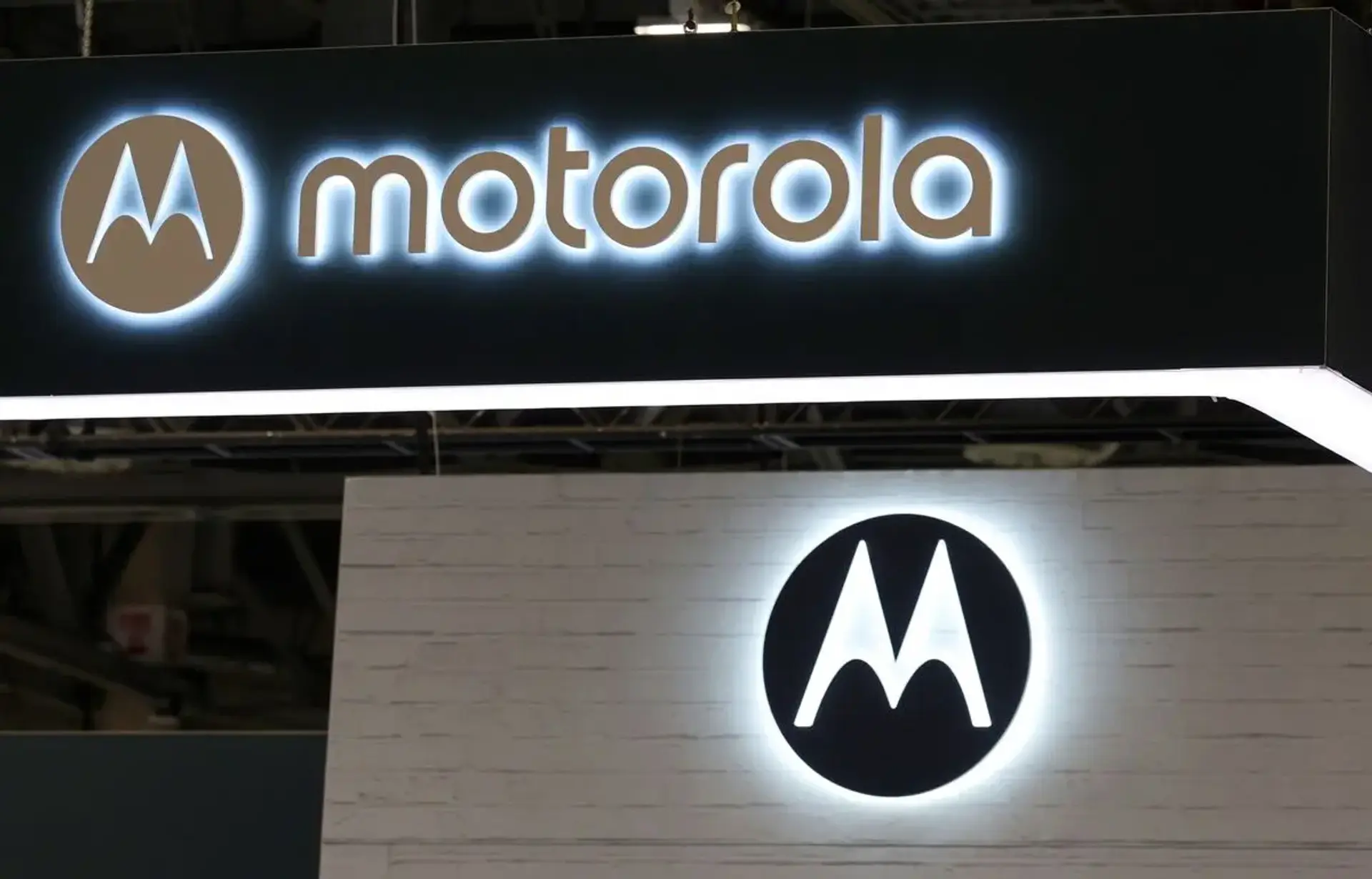
Motorola integrates Perplexity, Microsoft AI
Read more about Motorola integrates Perplexity, Microsoft AI →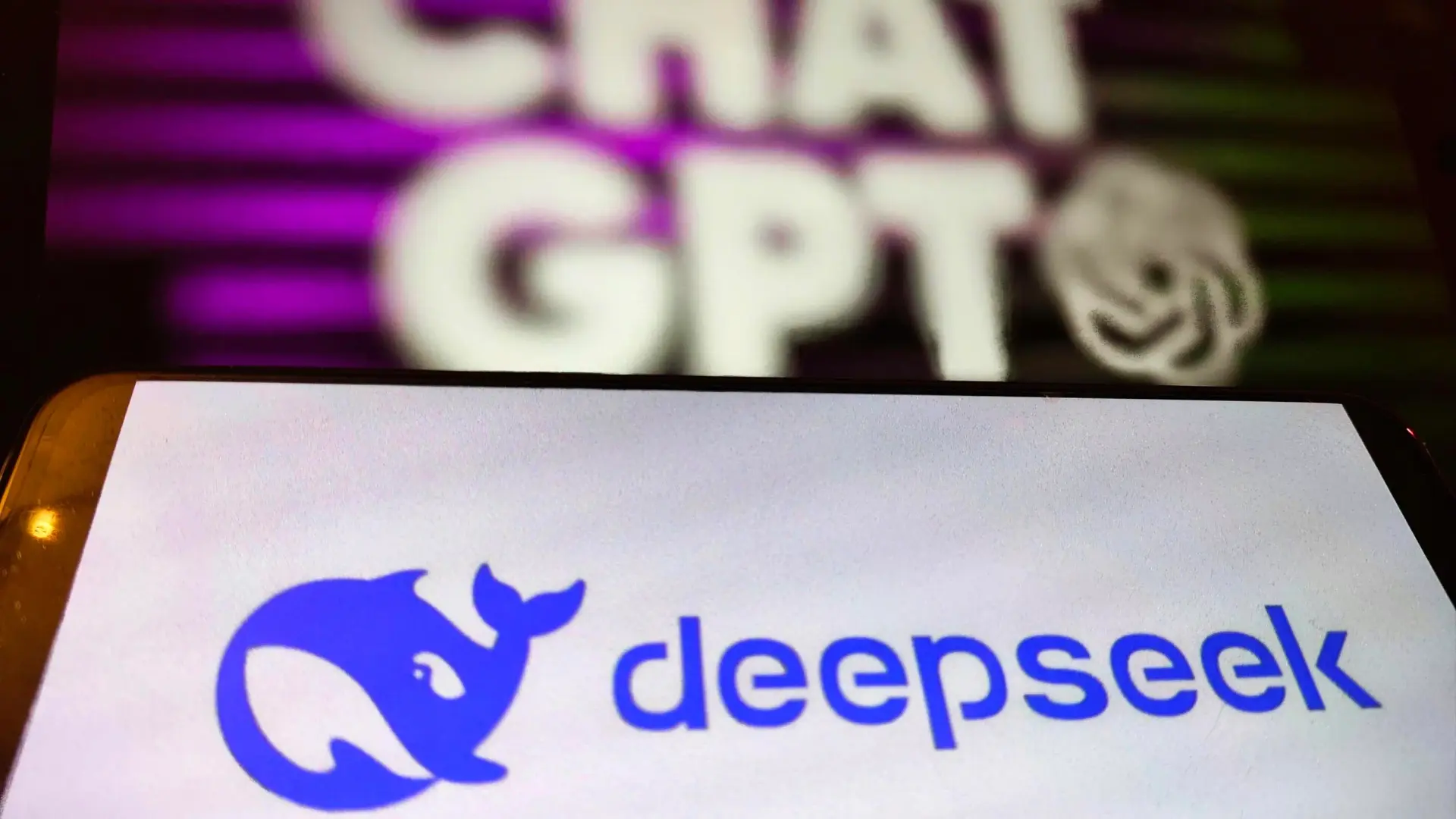
DeepSeek AI: Security Concerns Arise
Read more about DeepSeek AI: Security Concerns Arise →
